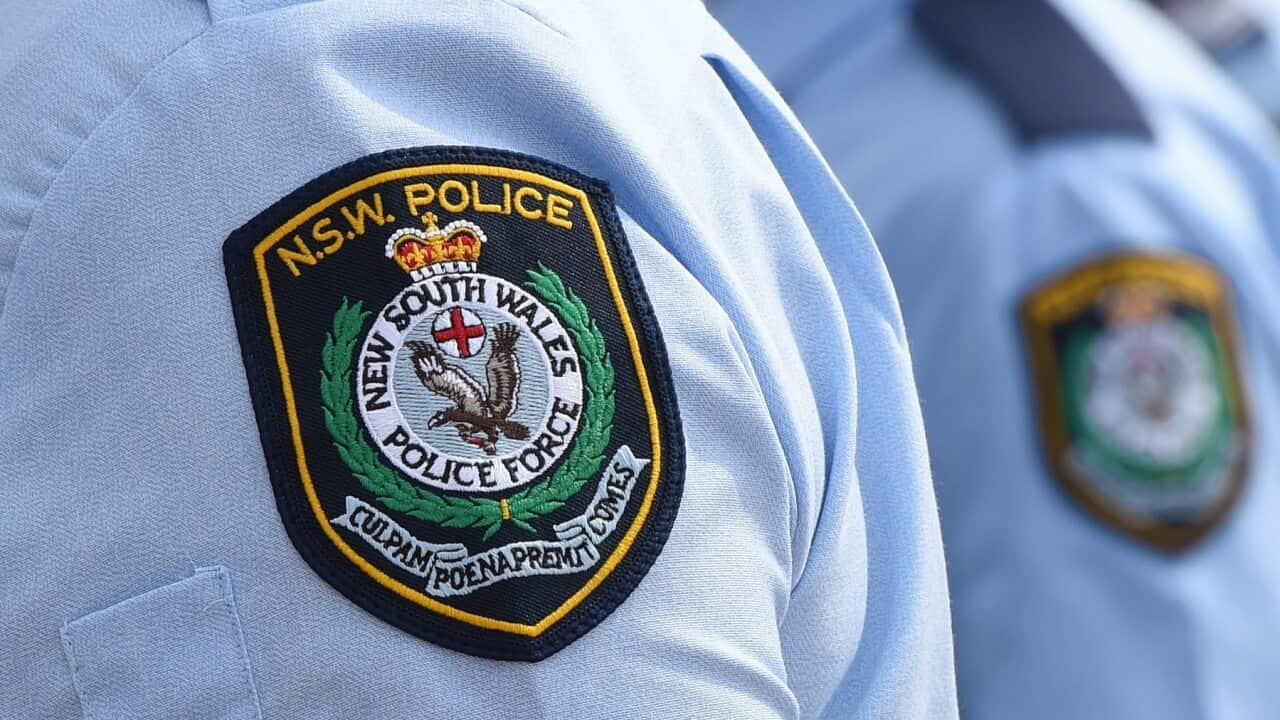The Law Enforcement Conduct Commission (LECC) has made 25 recommendations after on-going investigations into the way police conduct strip searches.
An inquiry into the NSW Police strip search practices was established in 2018 in response to a number of complaints and anecdotal information.
The final report, tabled to New South Wales parliament on Tuesday, included major reforms to the NSW Police strip search policy, on-going reviews of searches made on Aboriginal and Torres Strait Islander people, and further training on traumatic effects.
It also recommended that Parliament consider amending the Law Enforcement (Powers and Responsibilities) Act 2002 to provide an exhaustive definition of a strip search.
Data in the final report showed in each of the last four years, between 17-19.5 per cent of strip searches were of Aboriginal people.
That's despite making up around 3 per cent of the population.
Solicitor with Redfern Legal Centre, Samantha Lee, said legislative reform is needed to protect Aboriginal children.
"The report clearly sets out that strip searches are having a dramatic impact on the psychological health of young people," Ms Lee told NITV News.
"What we do know is that Aboriginal and Torres Strait Islander children as young as 10 have been subjected to invasive and harmful strip searches, and that this practice needs to stop."
The Redfern Legal Centre is currently investigating potential class action proceedings for people who have been unlawfully strip searched by NSW Police in the last six years.
The LECC said a recurrent issue throughout the Inquiry was the failure of officers to comply with, or at least to properly account for their compliance with, the legal thresholds for conducting a strip search.
Part of the recommendations also included the parliamentary clarification of the controversial practice of 'squatting'.
Data has shown an increasing rate of strip searchers of Indigenous children aged 11 to 17-years-old, with 42 strip searches carried out by police between 2018-2020.
According to the final report, the Person Search Manual and other NSWPF policies regarding strip searches should explicitly prohibit police from touching a person’s breasts, genitals or buttocks during a strip search.


